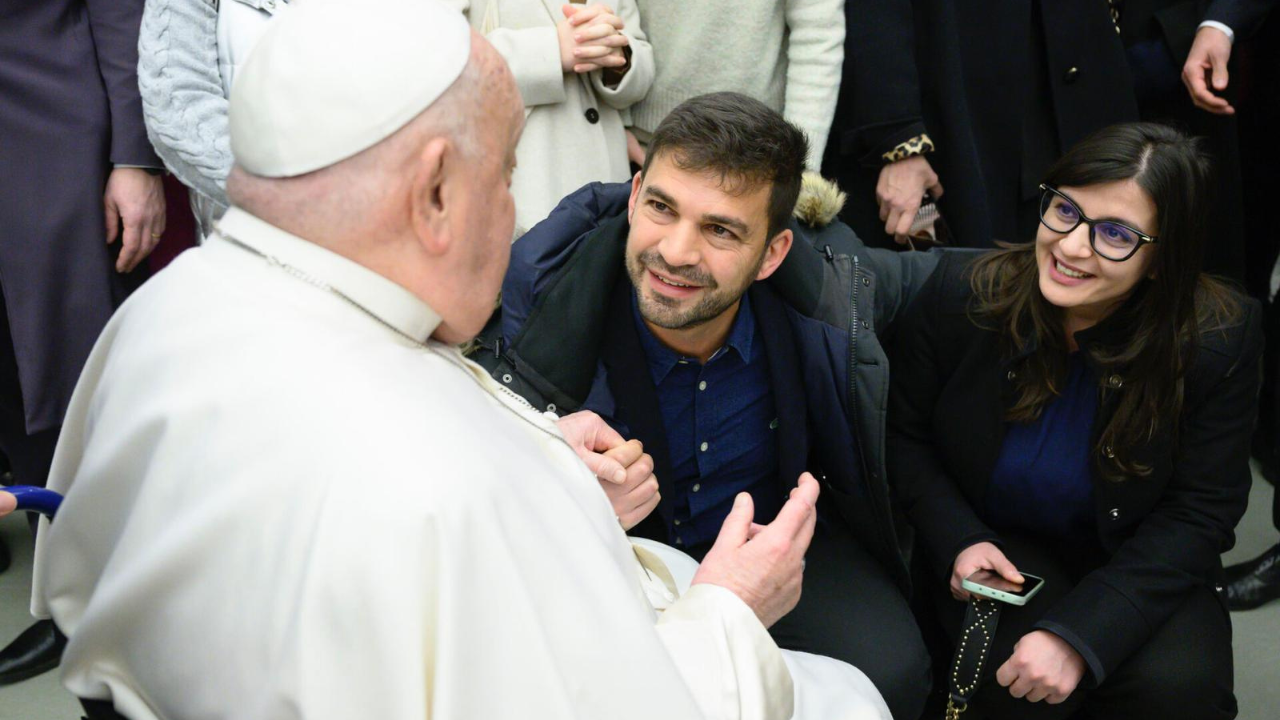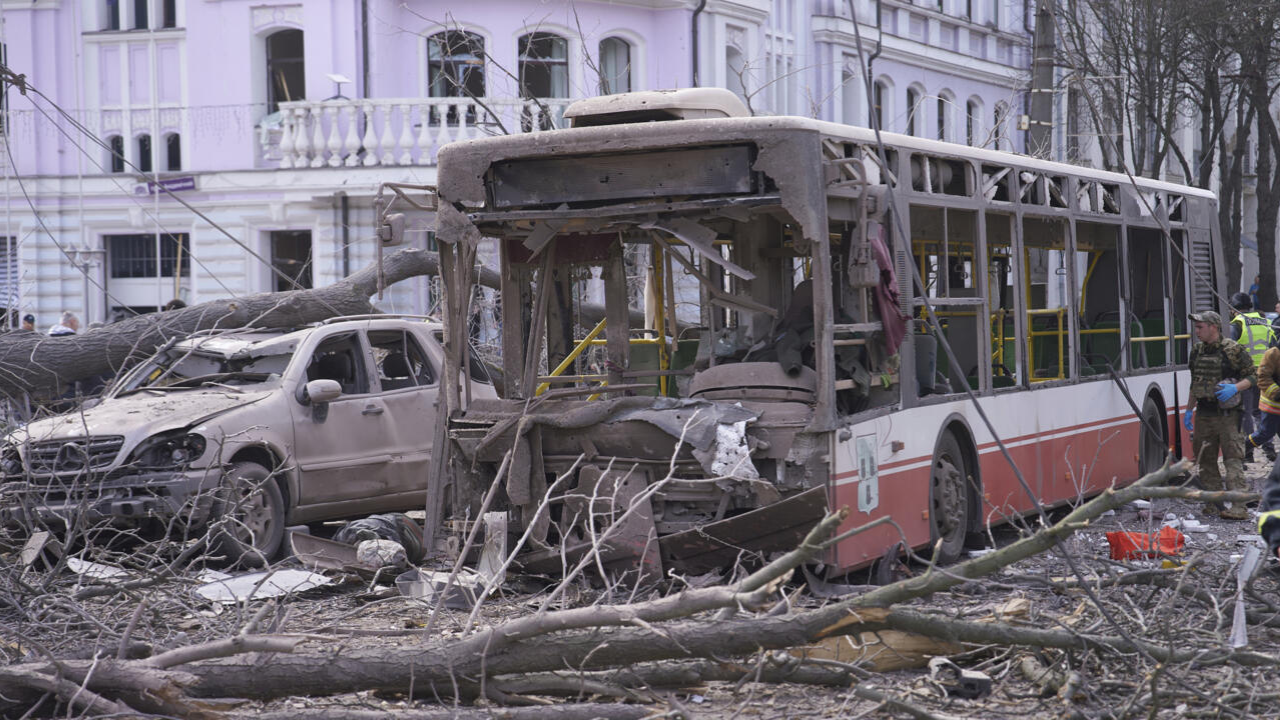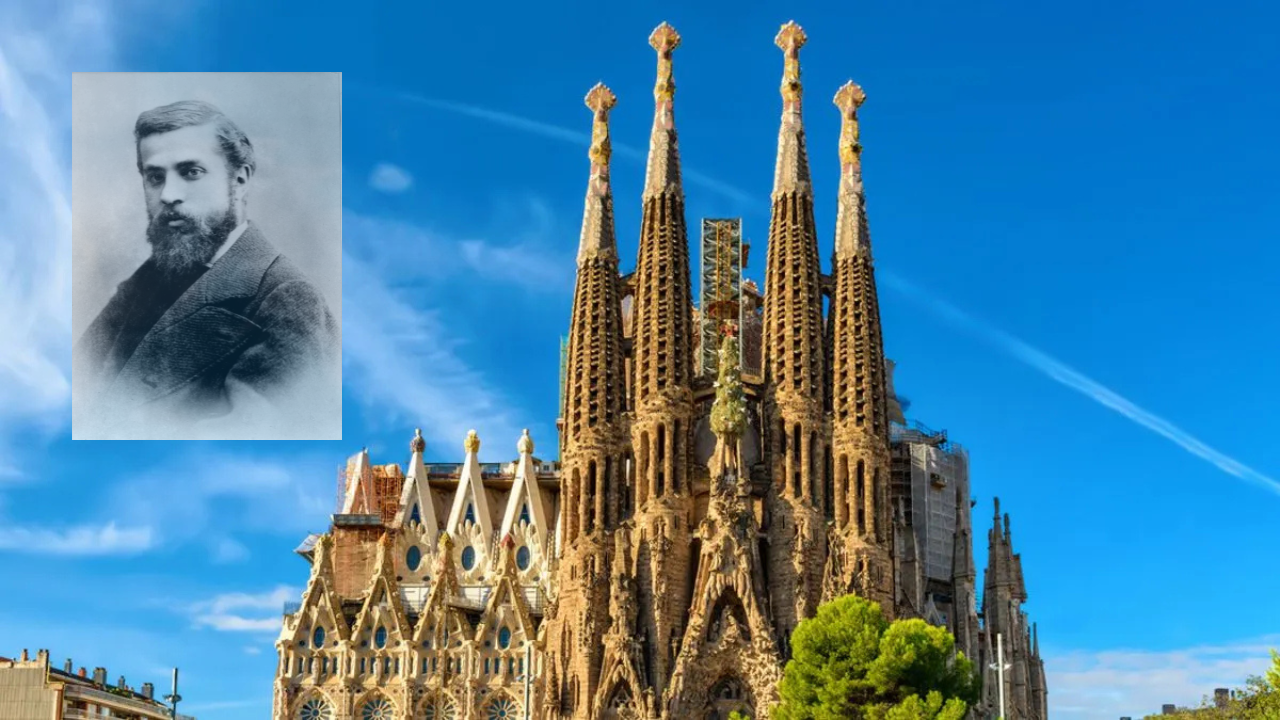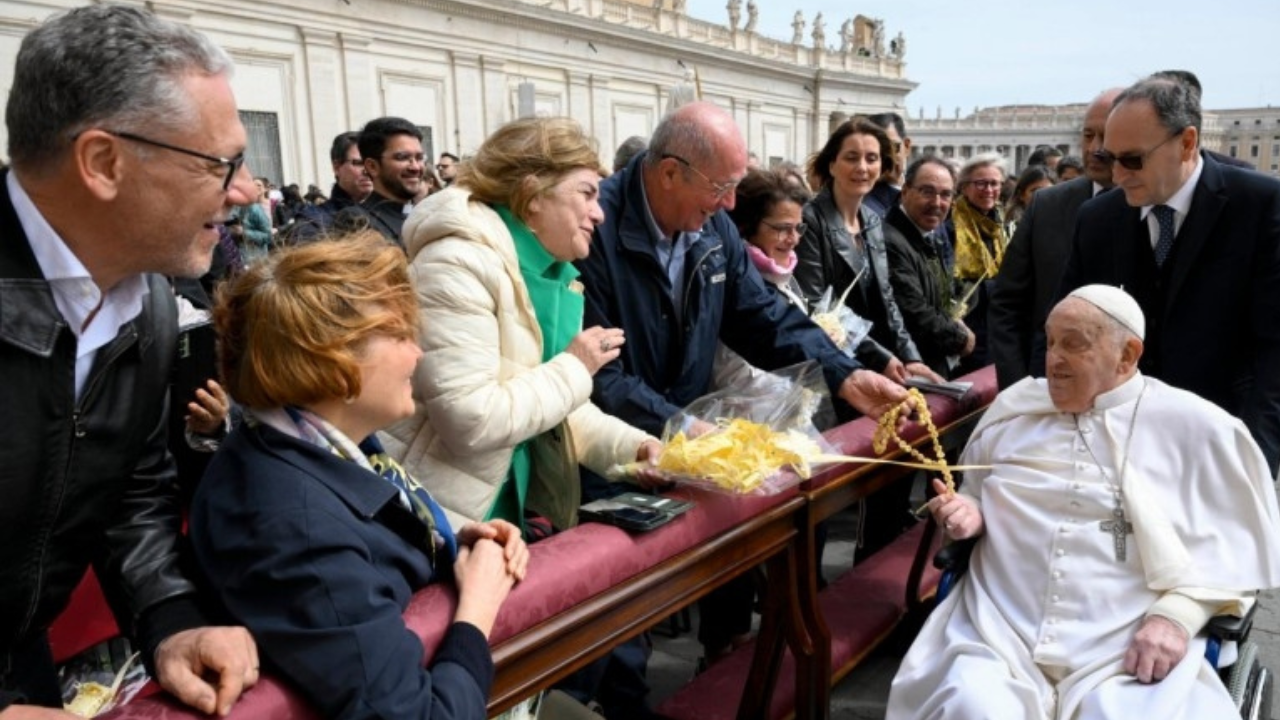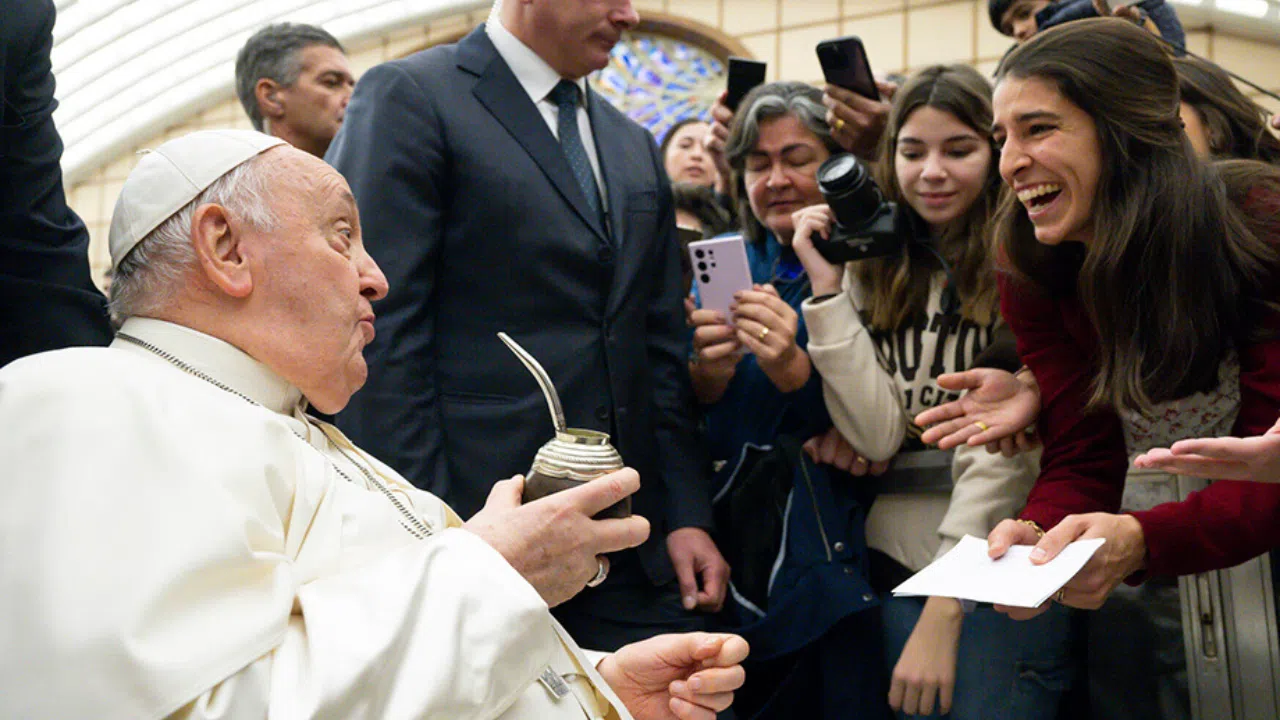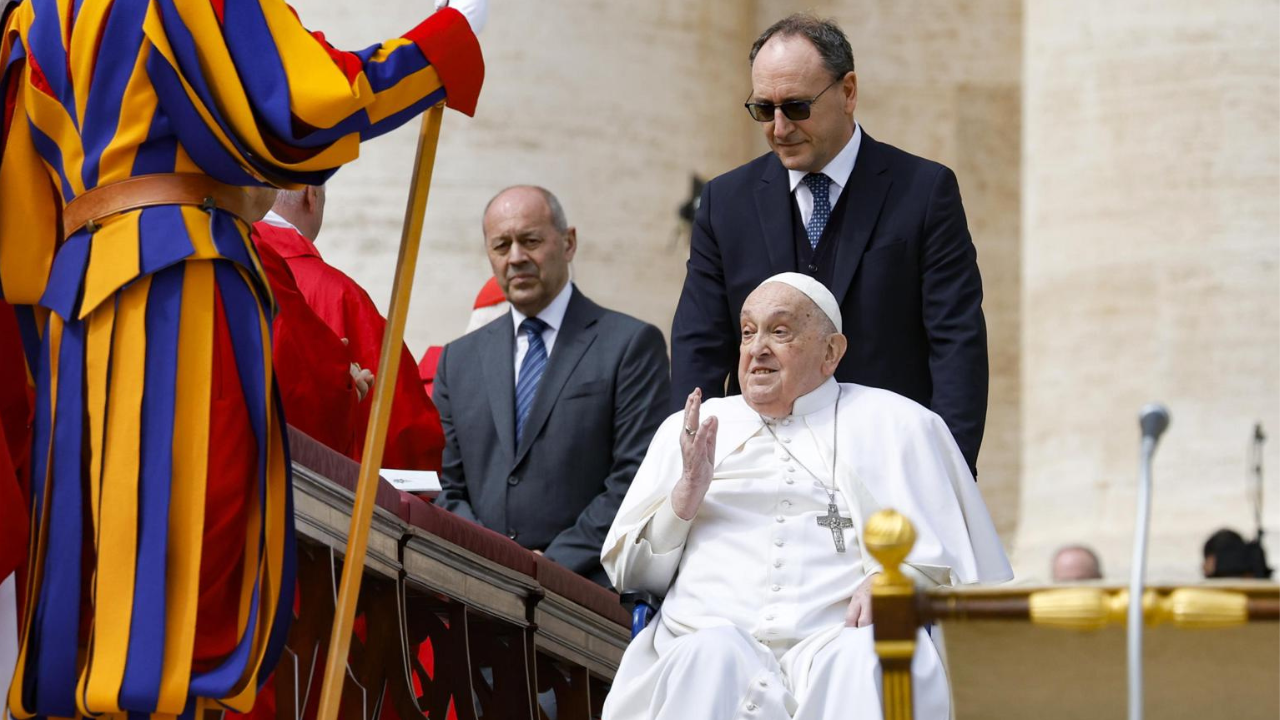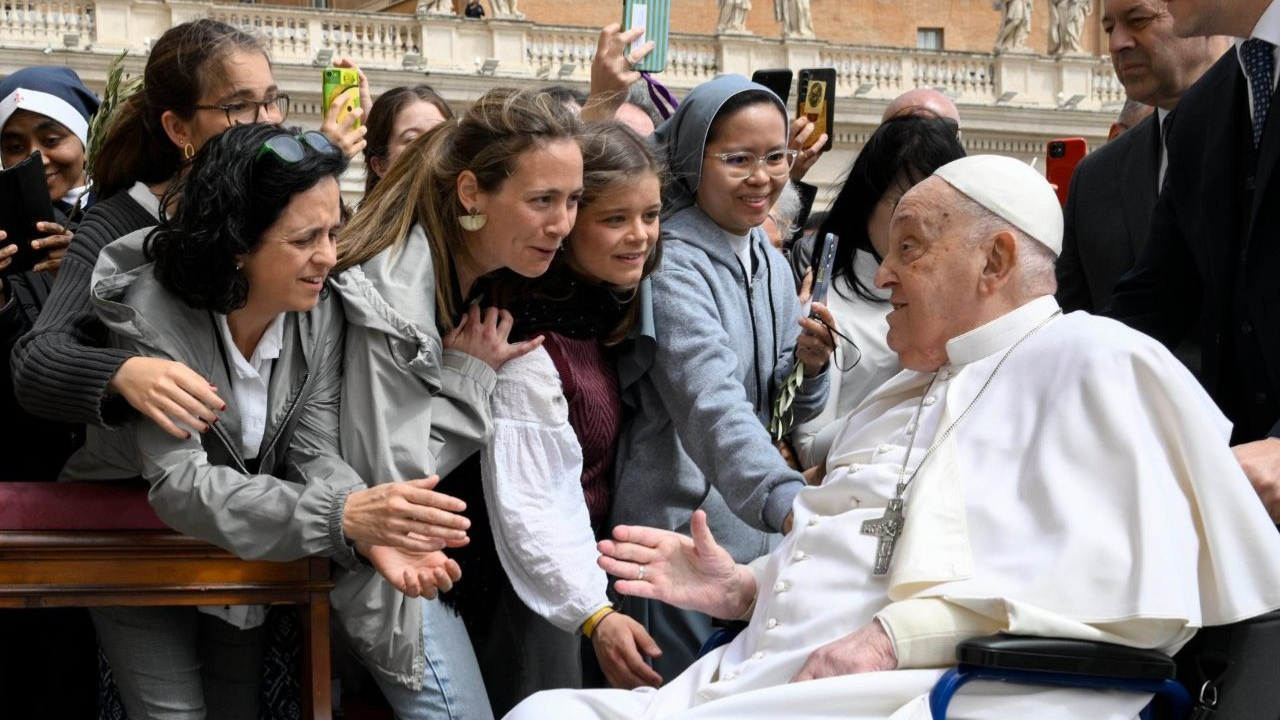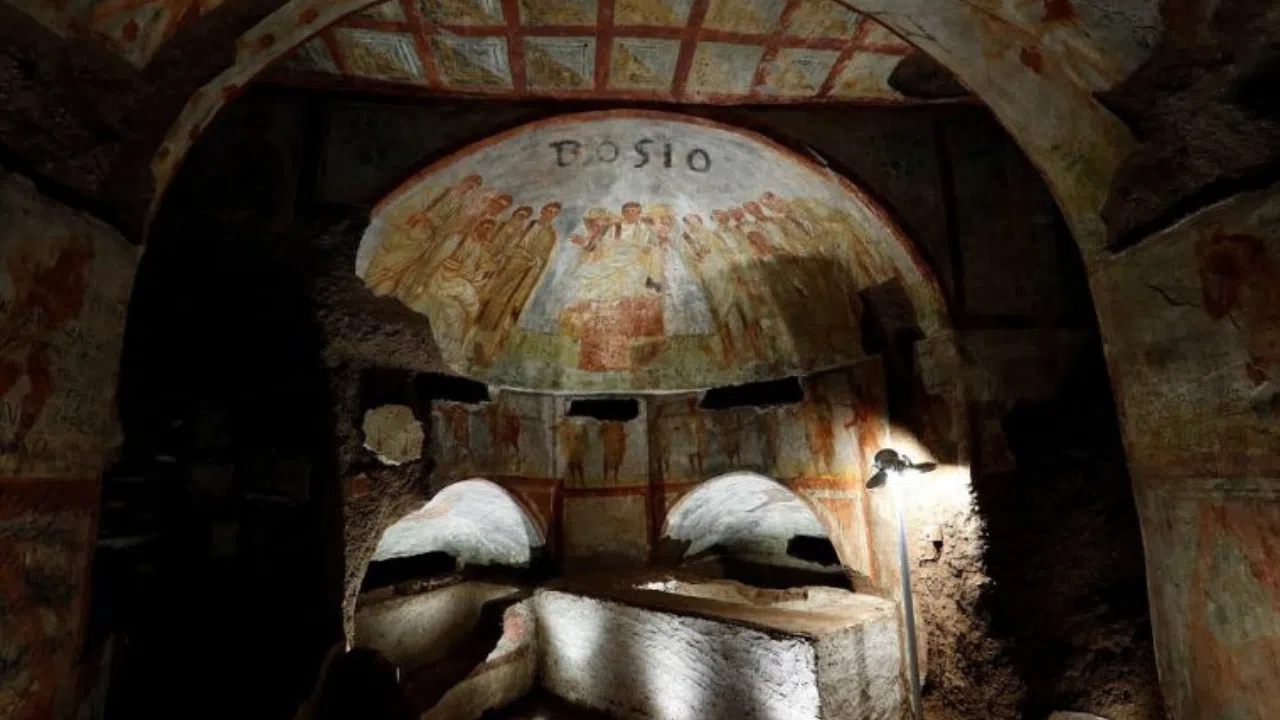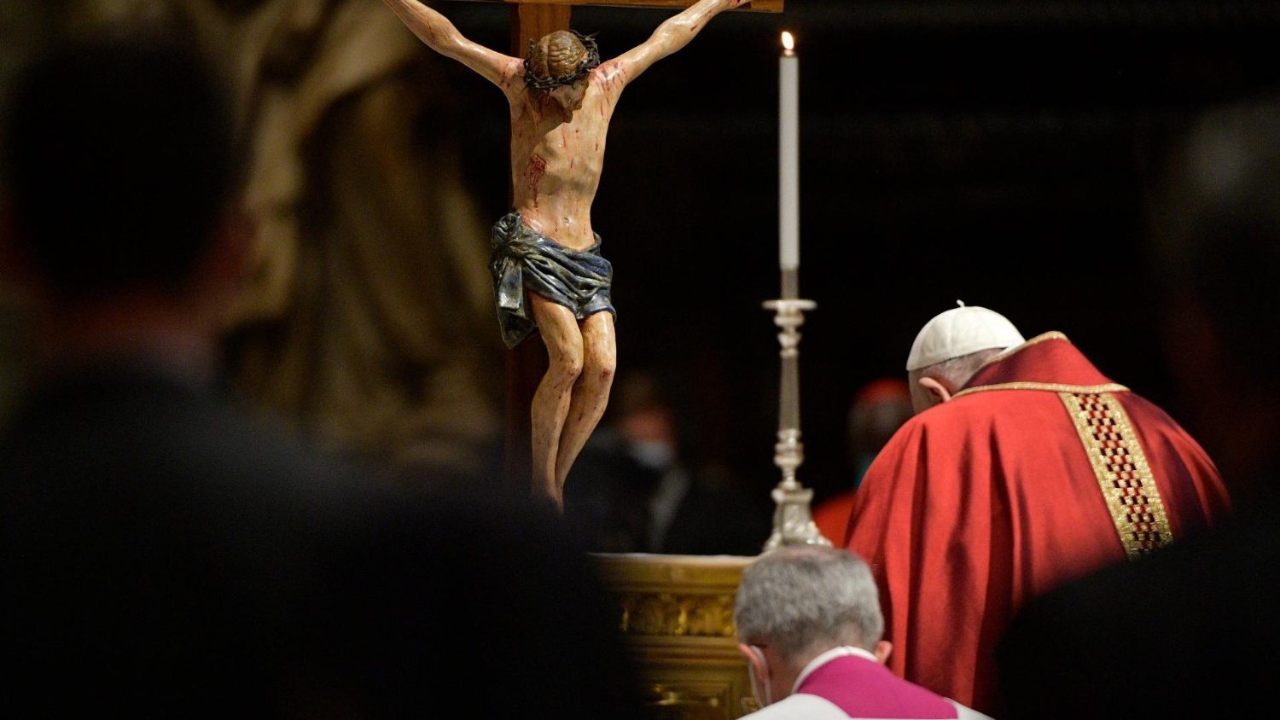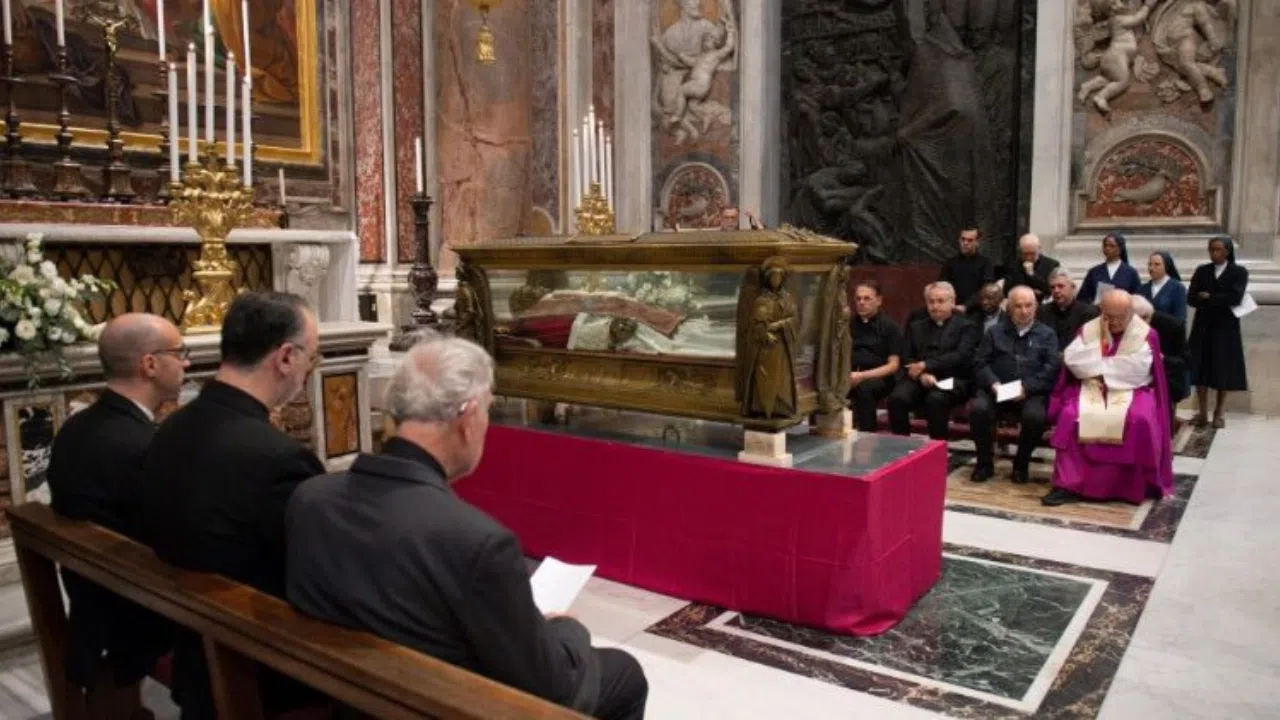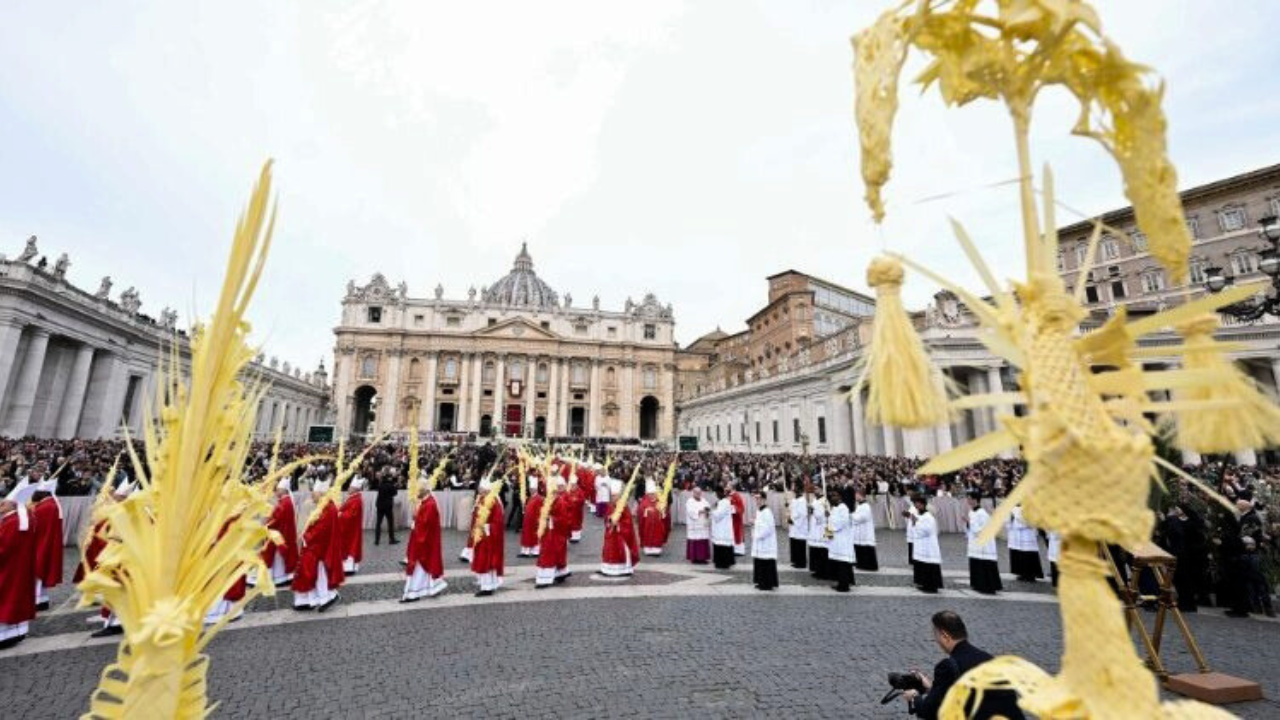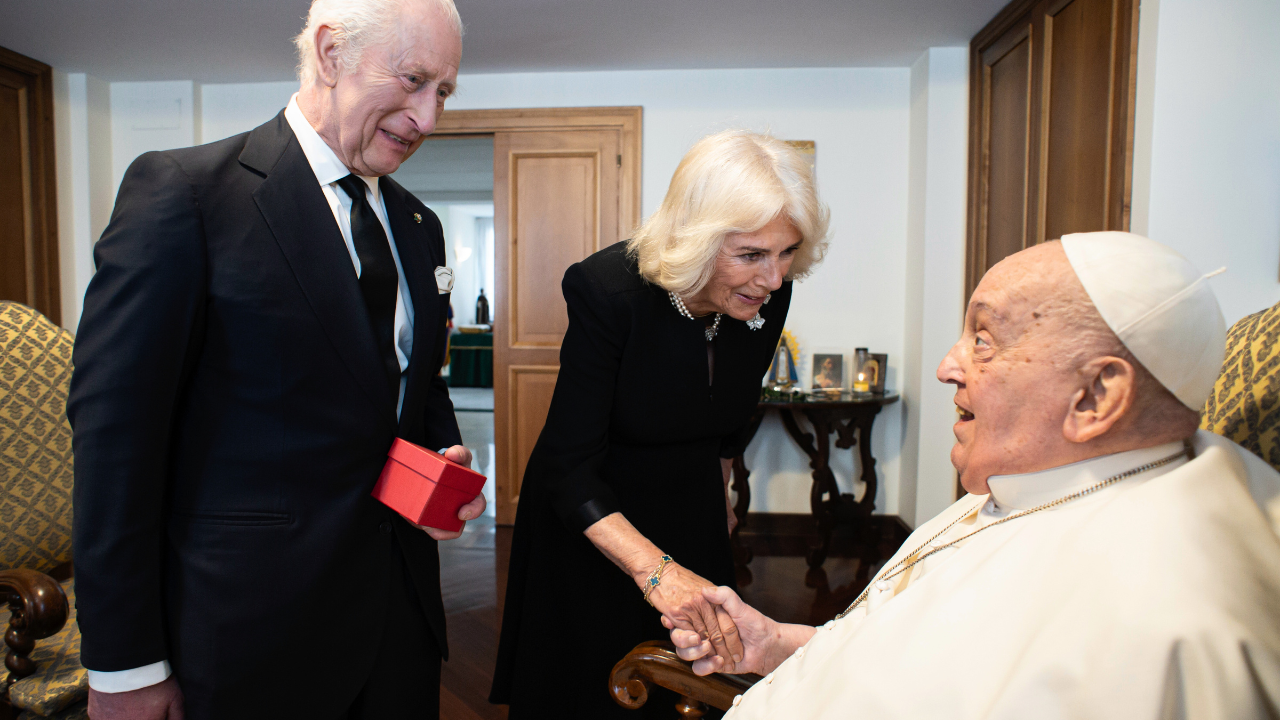“It is urgent to guarantee that women can participate in decision-making processes and take on roles of responsibility in pastoral care and ministry.”
That’s a direct quote.
It comes from the document published at the end of the recent month-long Synod of Bishops held here in the Vatican. It also speaks for itself in terms of highlighting the importance the Synod gave to this topic: the “urgent” need to promote women in leadership roles.
Anyone familiar with the Vatican already knows how Pope Francis has been setting the example by often appointing women to important positions of responsibility in various Vatican departments.
Anyone still hesitant about following suit might want to read the Synod document which strongly suggests that “the same should happen at other levels of the life of the Church”, and that “Canon Law must be adapted accordingly”.
That’s another direct quote.
The reality is that, around the world, many Catholic religious organizations and lay movements are already benefiting from women’s leadership skills and talents. For example, the statute of the Focolare Movement, founded by Chiara Lubich, requires that their President always be a woman.
One of the novelties that emerged from the Synod discussions, and even found its way into the concluding document, is the need to stop considering women and their role in the Church as (quote) “an issue or a problem” to resolve. A more appropriate and inclusive approach, according to the text, is to imagine a Church “in which men and women… appear together as protagonists, without subordination, exclusion, or competition.”
That goes for nuns and women religious as well.
Several participants at the Synod said it was time to address the way women religious are sometimes treated like “cheap labor”. Instead, they suggested encouraging women to contribute their knowledge and experience as teachers in formation programs, especially in seminaries.
Discussions concerning the issue of women deacons were a little more divided. The Synod document states simply that pastoral and theological studies into the possibility of a female diaconate (quote) “should continue”. It’s understood that such studies would build on the research already conducted by two papal commissions set up precisely for this purpose.
Meanwhile, as we await the conclusive phase of the Synod next October, we are all invited to continue reflecting on how to strengthen a Church where men and women dialogue together: “with the aim of better understanding the depth of God’s plan.”
And that too is a direct quote.
AT

